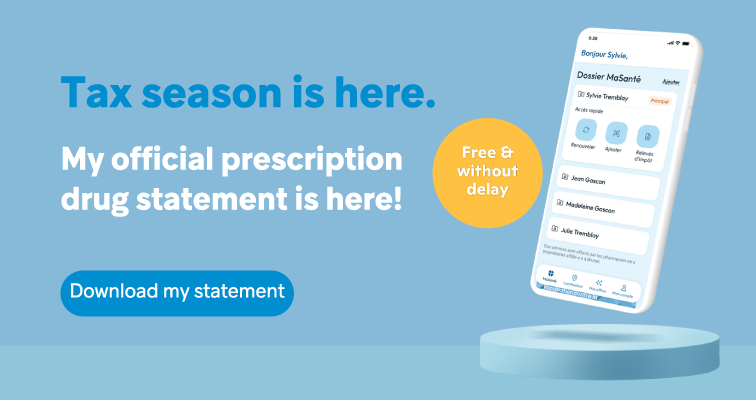Description

This medication reduces blood estrogen levels. Typically, it is used for the treatment of breast cancer. It may also be used for female infertility, as well as for other uses.
Instructions
This medication is typically used only once a day. However, your pharmacist may have suggested a different schedule that is more appropriate for you. Take it regularly and continuously to maintain its beneficial effects.
Important: Follow the instructions on the label. Do not use more of this product, or more often, than prescribed. You should take this medication at approximately the same time each day.
This medication should be swallowed whole. It should not be split, crushed or chewed. This medication may be taken with or without food.
Side Effects
In addition to its desired action, this medication may cause some side effects, notably:
- it may cause hot flashes;
- it may cause joint pain;
- it may cause nausea or, rarely, vomiting;
- it may cause headaches;
- it may cause unusual tiredness;
- it may cause leg swelling or water retention.
Each person may react differently to a treatment. If you think this medication may be causing side effects (including those described here, or others), talk to your health care professional. He or she can help you to determine whether or not the medication is the source of the problem.
Storage
As with most medications, this product should be stored at room temperature. Store it in a secure location where it will not be exposed to excessive heat, moisture or direct sunlight. Make sure that any leftover portion is disposed of safely.
Additionnal Information
Although the drugs you are taking are intended to help you, they can be harmful to those around you. Make sure that a professional who oversees your treatment has given you all the necessary precautions.
A treatment with this medication requires regular monitoring by a doctor. Be sure to see your doctor for all regularly scheduled appointments.
Blood donation is usually refused during this treatment.
General Notes
When meeting with any health professional, it is important for you to share the following information:
- Your medical history and allergies (medication, food, or other);
- If you're pregnant or want to become pregnant, or if you're breastfeeding;
- If you use tobacco or cannabis or its derivatives, or if you use recreational drugs;
- The names of all the medications you take, whether you take them regularly or once in a while, including over-the-counter medications, vitamins, and natural health products.
